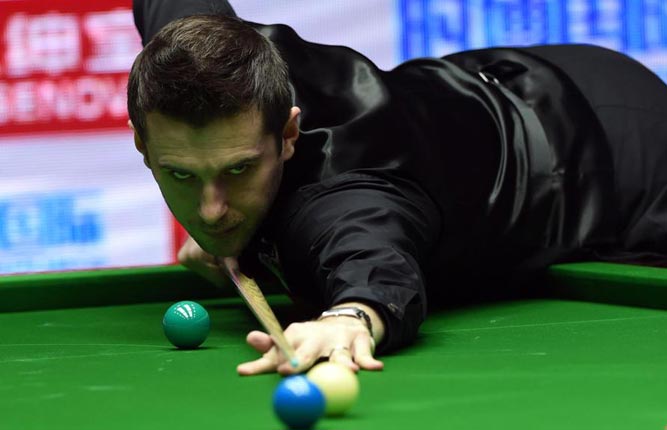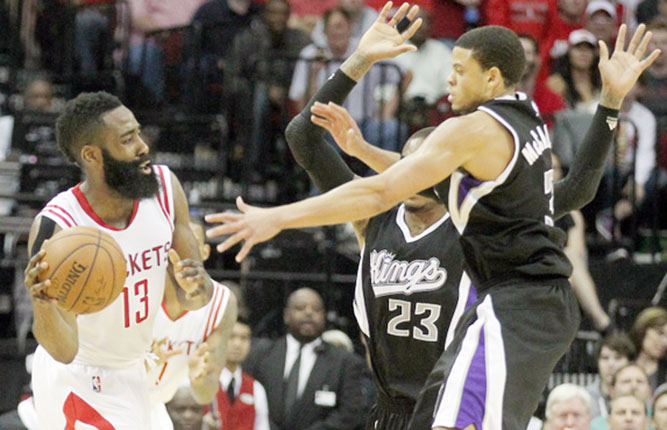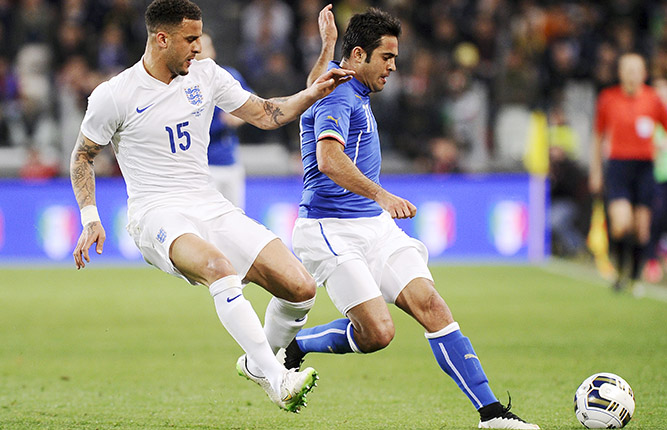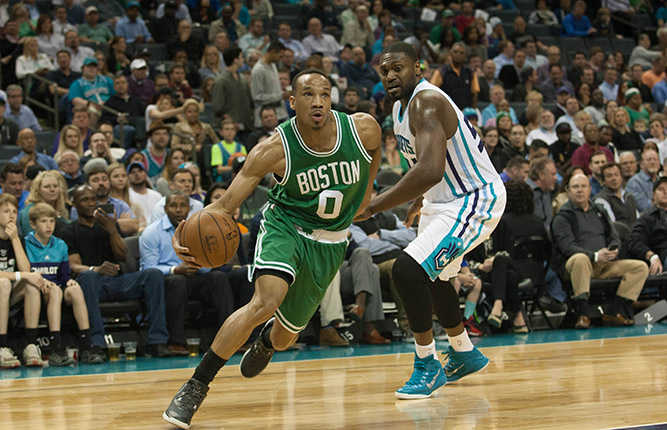Star hurdler Liu Xiang announces retirement
By SUN XIAOCHEN (China Daily) Updated: 2015-04-07 06:49
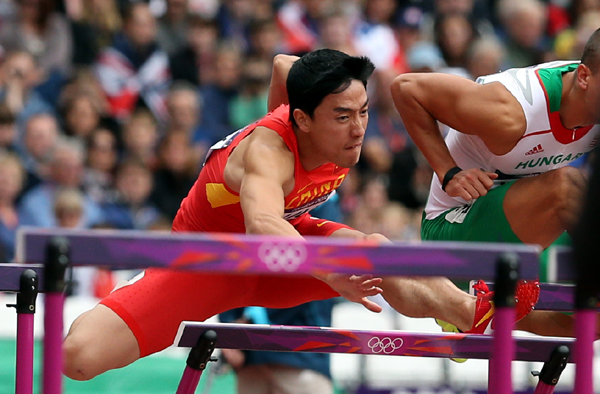 |
|
Athens Olympic champion hurdler Liu Xiang stumbles in a premilinary for the 110-meter hurdles at the London Olympics on Aug 7, 2012. FAN JUN/XINHUA |
Career of 2004 Olympic gold medalist clouded by persistent injuries to his Achilles tendon
Despite a setback-plagued career hampered by injury, former Olympic champion hurdler Liu Xiang, who announced his retirement on Tuesday on Sina Weibo, China's Twitter-like social networking site, remains a groundbreaking figure for Chinese sports.
"Sooner or later, I have to say goodbye to everybody. I think that I am supposed to retire now as I've tried all the best to come back," Liu was quoted by Shanghai-based Xinmin Evening News as saying on Friday.
Liu won a gold medal at the 2004 Olympics, but a persistent Achilles tendon injury forced him to withdraw from the Beijing Olympics in 2008. He also won numerous world and Asian championships.
In March, Liu told China Daily that he would participate in the International Association of Athletics Federations World Championships in Beijing in August as an event ambassador rather than an athlete, implying that he would retire soon.
Liu's long-term mentor Sun Haiping also said in February that Liu had his first intensive training wearing track shoes since the surgery after the London Olympics in December.
"But his Achilles tendon reacted negatively and we have to give up a comeback," Sun said.
Liu won the 110m hurdles at the 2004 Athens Olympics and the IAAF Worlds in 2011.
Due to the long absence from competition to recover from his recurrent Achilles tendon injury, both fans and Chinese media have had slim hopes for Liu's comeback, highlighted by the modest reaction from the public compared with the tremendous media hype on the retirements of basketball star Yao Ming and tennis icon Li Na.
"Most of the public have accepted that Liu won't be able to come back at 31 as strong as he used to be, so his retirement is actually much anticipated. A lot of the focus has been on why he postponed for so long making a decision that should have been made earlier," Adam Zhang, sports marketing expert and founder of Key-Sports marketing agency, told China Daily on Monday.
Since shocking his home crowd at the 2008 Beijing Olympics final with an unexpected withdrawal, Liu has seen his reputation tarnished by the lack of transparency on his injury updates as well as allegations that the cover-up of his recurrent injury was to protect his commercial value to his sponsors.
Although Liu claimed a successful comeback in June 2012 by winning an international meet in the United States, tying the world record of 12.87 seconds, his later withdrawal from the London Olympics brought another blow to his career with doubts about his rehabilitation making headlines.
However, Zhang insisted that Liu should leave the track as a groundbreaking presence for Chinese sports on the world stage, despite the debates.
"His breakthrough of winning the Olympics and world championships proved that Asian people can be competitive against Western counterparts in men's sprint events at the highest level. That's a huge motivator that should be reckoned with.
"As far as the allegation that the cover-up of his injury was for commercial purpose, I think it is unfair because for State-managed athletes like Liu, the endorsement deals are usually signed between the governing body and sponsors involving a group of national team athletes, not a single one," Zhang said.
